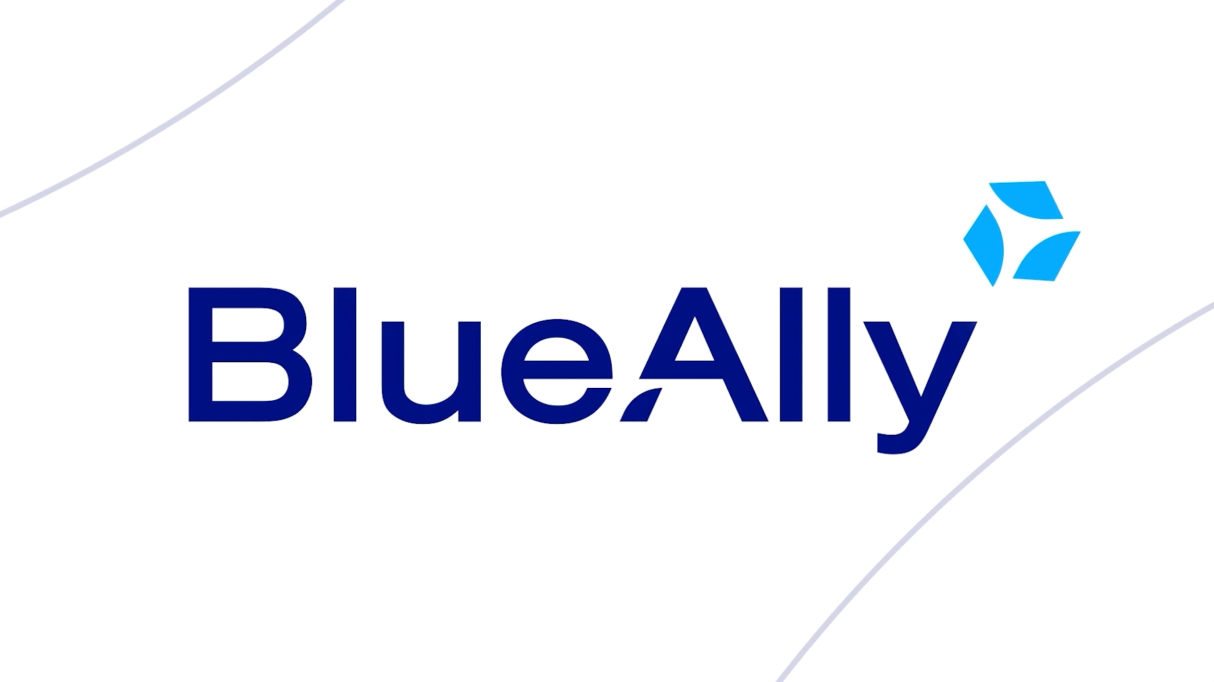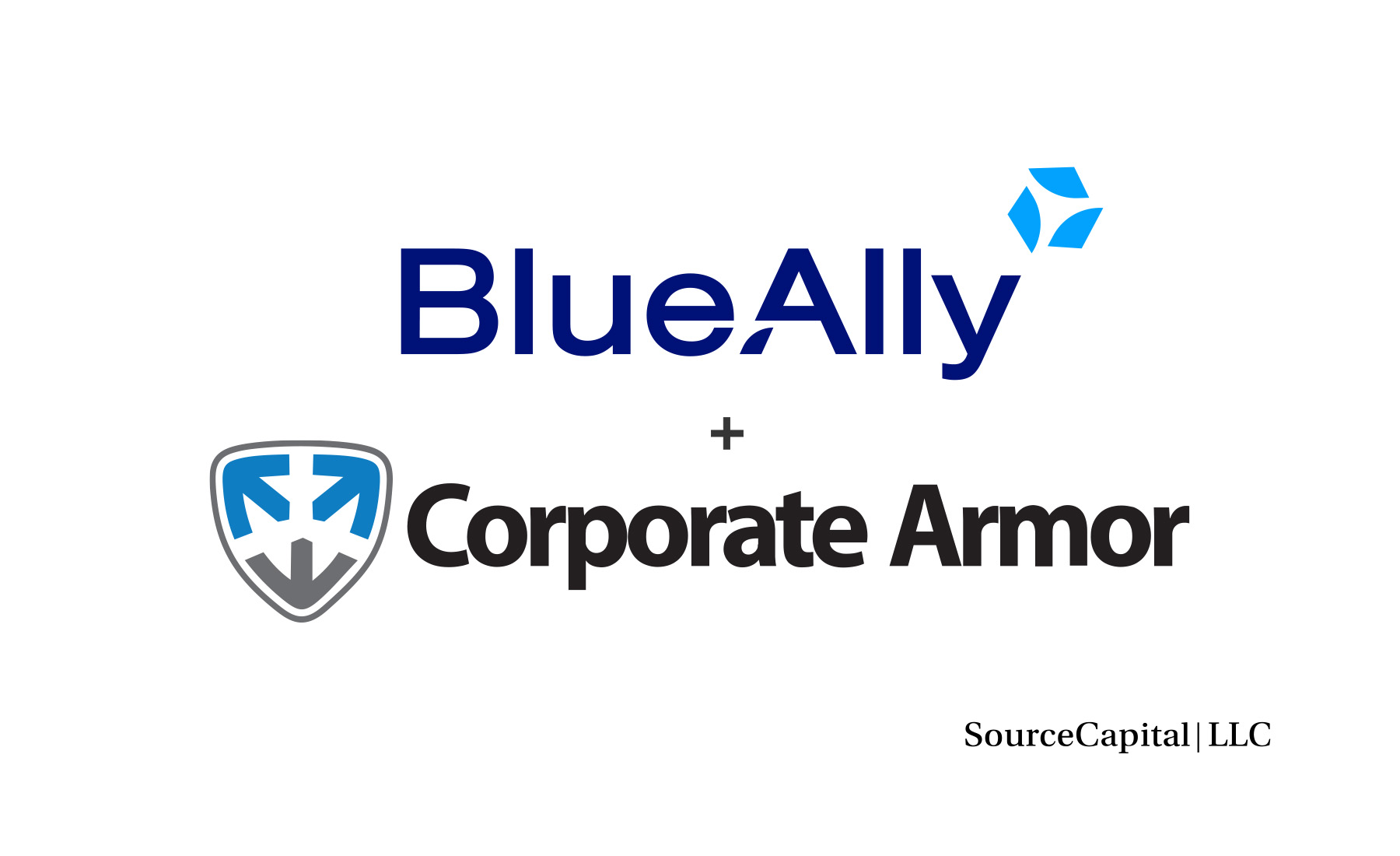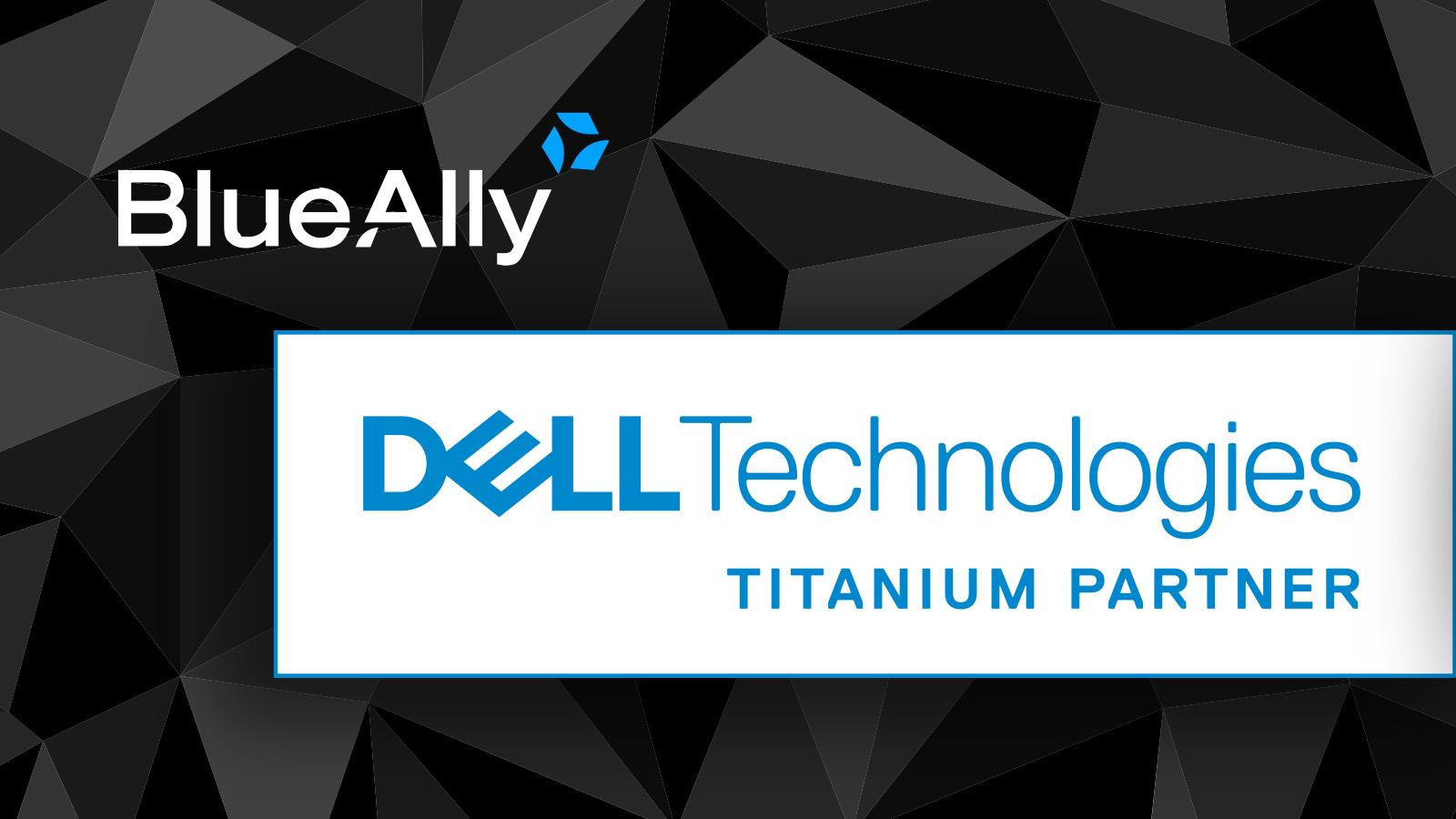 FEATURED
FEATUREDNavigating the complex landscape of IT compliance, while daunting, is essential for safeguarding sensitive business data, maintaining customer trust, and avoiding hefty penalties. The following practical guide offers important insights and strategies to not only effectively manage but conquer IT compliance.
Understanding Key Regulations and Standards
One of the first steps in achieving IT compliance is understanding the relevant regulations and standards that apply to your industry. Various frameworks such as the General Data Protection Regulation (GDPR), the Health Insurance Portability and Accountability Act (HIPAA), and the Sarbanes-Oxley Act (SOX), set forth specific requirements that organizations must meet to ensure data protection and integrity.
GDPR, for instance, mandates stringent data protection measures for organizations handling personal data of EU citizens. Non-compliance can result in fines of up to 4% of the company’s global annual revenue. Similarly, HIPAA sets standards for protecting sensitive patient information, and SOX focuses on corporate governance and financial reporting.
To navigate these regulations, businesses should conduct thorough research and consult with legal and compliance experts to stay informed on crucial and ever-evolving regulatory updates.
Implementing Robust Data Security Measures
Data security is at the heart of IT compliance. Businesses must implement comprehensive security protocols to protect sensitive data from breaches and unauthorized access. This involves a multi-faceted approach, including encryption, multi-factor authentication (MFA), and regular security audits.
Encryption ensures that data is unreadable to unauthorized users, providing a critical layer of protection. MFA adds an extra step to the login process, significantly reducing the risk of unauthorized access. Regular security audits help identify vulnerabilities and ensure that security measures are up to date.
According to a 2023 report by IBM, the average cost of a data breach is $4.45 million, making robust security measures essential not just for achieving compliance but also as a means to protect the organization from potentially devastating financial losses.
Conducting Regular Compliance Audits
Regular audits are essential for maintaining IT compliance in assessing the effectiveness of your infrastructure and identifying any potential gaps. By conducting periodic reviews, businesses can proactively address issues before they escalate into significant problems.
These routine checks should be conducted by internal teams or third-party auditors who can provide an objective assessment of your regulatory status and typically involve reviewing policies and procedures, evaluating security controls, and ensuring that all industry requirements are being met.
Developing a Compliance Training Program
Educating employees about compliance policies and procedures is critical for fostering a culture of awareness and accountability. A well-designed compliance training program ensures that the entire organization understands specific roles and responsibilities in maintaining regulatory adherence.
Training programs should be conducted regularly and cover essential topics such as data protection, privacy policies, and incident response procedures. Interactive training sessions, workshops, and online courses can also help engage employees and reinforce the importance of meeting key industry standards.
A study by the Ponemon Institute revealed that 58% of data breaches were caused by employee negligence or mistakes, making comprehensive compliance training a solid investment that helps businesses significantly reduce the risk of human error to further enhance their overall regulatory efforts.
Leveraging Automated Compliance Tools
In today’s fast-paced business environment, manual compliance management can be time-consuming and prone to errors. Leveraging automated compliance tools can streamline monitoring, reporting, and documentation processes, ensuring continuous compliance with regulatory requirements.
According to a report, the compliance management software market is expected to reach $200 billion by the end of 2030, underscoring the popularity of these solutions in helping businesses track their regulatory status, generate audit reports, and maintain detailed records of their efforts. These tools also provide real-time alerts for potential compliance issues, enabling businesses to address them promptly.
Maintaining Thorough Documentation and Reporting
Detailed documentation and reporting are crucial for demonstrating compliance efforts and preparedness during regulatory inspections. Businesses should maintain in-depth records of compliance policies, procedures, audit reports, and incident response plans.
Proper documentation not only helps in regulatory inspections but also provides a clear trail of compliance activities, ensuring transparency and accountability. In the event of a data breach or regulatory issue, having well-documented records can facilitate a swift and effective response.
Partner with BlueAlly and Conquer Compliance Complexities with Ease
In conclusion, navigating the complex landscape of IT compliance requires a strategic approach that encompasses understanding regulations, implementing robust security measures, conducting regular audits, educating employees, leveraging automated tools, and maintaining thorough documentation. By adopting these best practices, businesses can achieve and maintain IT compliance, safeguarding their operations and building trust with customers and stakeholders.
BlueAlly is dedicated to helping businesses conquer the complexities of IT compliance. With deep expertise and a comprehensive approach, BlueAlly ensures your organization adheres to all relevant regulations and standards. Contact BlueAlly today to discover how their tailored compliance solutions can protect your business and enhance your operational integrity. Secure your future, build stakeholder confidence, and conquer IT compliance with the experts at BlueAlly today.








































